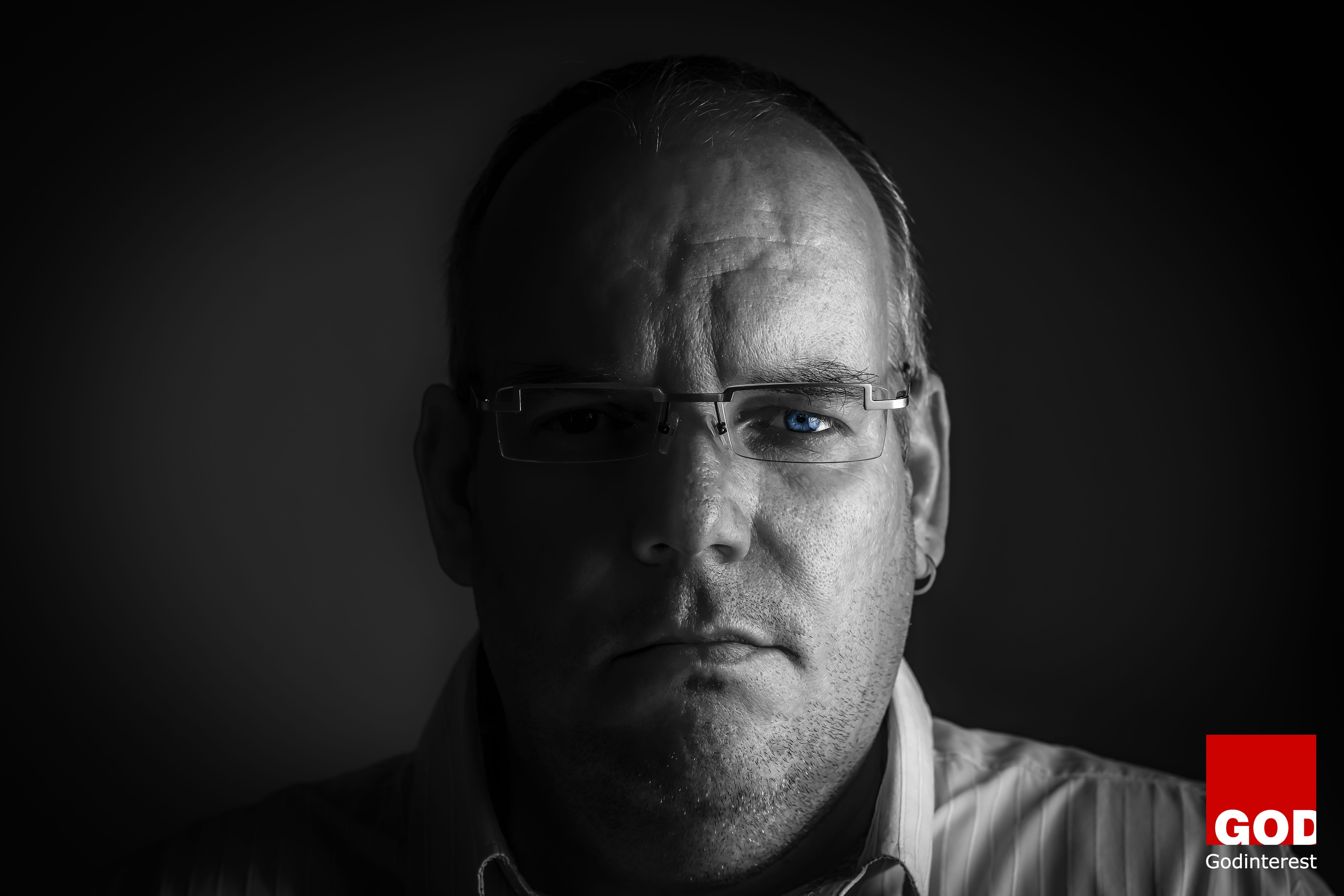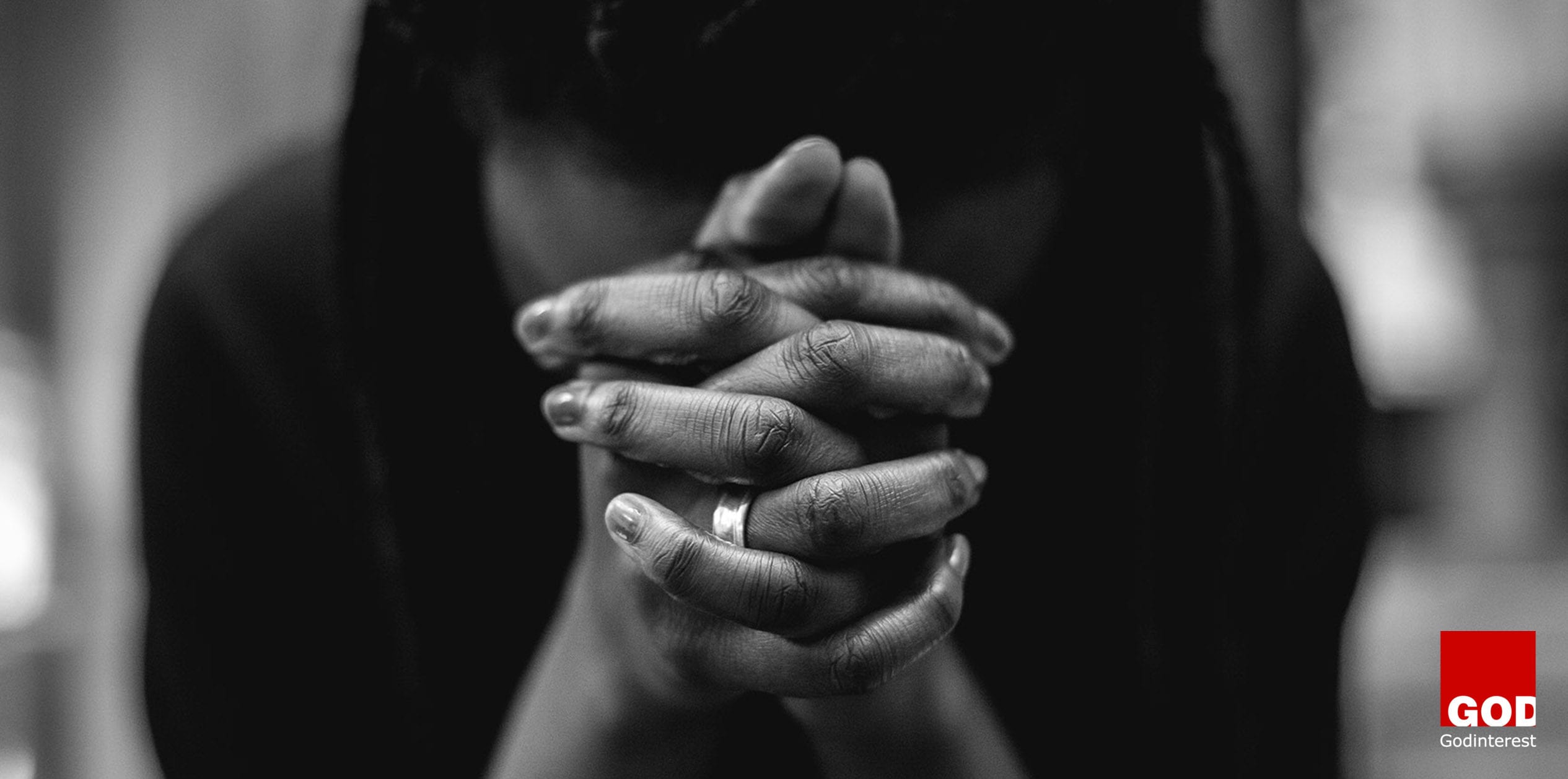Most of us have grown up with many popular fairy tales told to us as children. The legendary story “Little Red Riding Hood” In most versions (although definitely not all of them) there is one common theme: a wolf attacks a young woman through deception. Like parables, such stories are never intended to convey meaning in every detail. Yet, much of it may draw, even in unsuspecting ways, the reader to precepts or principles pertinent to circumstances behind the story. Such is the following on Little Red Riding Hood.
There is actually a lesson in that theme for God’s people today.
1. The Church. Satan’s wolves do more than disguise themselves as Granny. As Paul warned, they often present themselves as “ministers of righteousness” (2 Corinthians 11:15). Beware of false prophets, which come to you in sheeps clothing, but inwardly they are ravening wolves.
“That’s a lie!” said the wolf. “You won’t die!”
2. The Law. One of the most common deceptions by these types of wolves is the claim that the law was done away with. Using selective sections of the apostle Paul’s writings, these wolves deceive people into crying, “Oh, what freedom you have!”
This was the very same tactic that Satan employed in the Garden of Eden.
3. False prophets. While these people appear to be godly—they come in sheep’s clothing—Christ said that inwardly they were “ravenous wolves” (Matthew 7:15). These are people who claim to be children of God—but who don’t teach and live the word.
Another Fake Jesus Christ was recently arrested and remanded in Uganda on Thursday, November 9th, for belonging and managing an unlawful society by the Magistrate’s court. According to a report by Uganda’s Newspaper, Daily Monitor, the accused claimed not to be under any authority including the police, local council administration or the president of Uganda. The man purporting to be Jesus was arraigned in court alongside his three followers who preferred to be identified with their alias names.
“Who’s afraid of the big bad wolf?”
4. The world. Wake up from your Slumber. Frequently in Scripture believers are exhorted to wake up, to be revived, and they are warned of the dangers of spiritual sleep. Christ warned us “Go your way; behold, I send you out as lambs among wolves” (Luke 10:3). The world is under the sway of Satan.
As a believer in Jesus, we are promised a new life covered under the protection of God in which NOTHING can separate us from His love. Rest knowing that no matter what hardship you face, God is your provider and protector! Be strong and courageous. Do not be afraid or terrified because of the wolf, for the LORD your God goes with you; he will never leave you nor forsake you.”
5. Wealth. These wolves say, “all this I will give you if you will bow down and worship me.” Christ warned of the “deceitfulness of riches” (Matthew 13:22; Mark 4:19). Your response should be “Away from me, Satan! For it is written: ‘Worship the Lord your God, and serve him only.’
Do not lay up for yourselves treasures on earth, where moth and rust destroy and where thieves break in and steal, but lay up for yourselves treasures in heaven, where neither moth nor rust destroys and where thieves do not break in and steal. For where your treasure is, there your heart will be also.
“There was something wolfish about them?”
6. Marriage How many times have we heard the story of the little red riding hood (aka Christian Sister or Brother) who fell in love with a big bad Wolf? ‘It wasn’t beauty, it was the beast, she or he says in regret. Being equally yoked is not meant to inhibit our dating lives. Rather, it is a command designed for protection and honor. Being unequally yoked is more dangerous than you think – and waiting for someone with whom you share the same spiritual heritage is far more rewarding than many believe.
Hey, Little Red Riding Hood, where are you going, so alone, so”¦ alone?
7. Relationship. Without Jesus, you can do nothing. An intimate relationship with God is required. That means fellowship with God daily. The big bad wolf was disguised to trick little red riding hood, but the wolf could not mislead her because Little red riding hood knew her grandmother intimately. “My sheep listen to my voice; I know them, and they follow me. – John 10:27”
“You can huff and puff but I will not worship you!”
8. Worship. Shadrach, Meshach, and Abednego answered King Nebuchadnezzar, “We don’t need to answer your last question. If our God, whom we honor, can save us from a blazing furnace and from your power, he will, Your Majesty. Nebuchadnezzar was so filled with anger toward Shadrach, Meshach, and Abednego that his face turned red and he ordered that the furnace should be heated seven times hotter than normal. However, God commissions His angels to save His chosen ones from calamity, to guard them against “the pestilence that walketh in darkness” and “the destruction that wasteth at noonday.”
These eight types (or packs, if you will) of “wolves” have plagued Christ’s followers throughout history.
These are just a few of the tricks and deceptions that are used by Satan and his wolves. Some wolves are masters of deception and disguise. They talk like Christians. They use the Bible. They seem like nice people. They are so loving! But they will draw you in to eat you for dinner!
God’s people must learn the lesson of Little Red Riding Hood. Let’s never allow ourselves to fall prey to the Satan’s deceptions.





















PHOTOGRAPH BY LUCA LOCATELLI, INSTITUTE
Throughout the city, there are many green buildings such as the CapitaGreen office tower, the Park Royal on Pickering hotel and the Tree House condo near Bukit Timah Nature Reserve.
The futuristic ‘Gardens by the Bay’ in central Singapore, is a revolutionary botanical garden spanning over 100 hectares of reclaimed land. It’s a beautiful asset to the city but may also offer a path to the health and happiness of its citizens.
Transport is another sector that has seen investment recently. On an island of 4.8 million people with limited space. After a series of smart card innovations, people have been able to use e-Symphony, an IBM-designed payment card that can be used to pay for road tolls, bus travel, taxis, the metro, and even shopping.